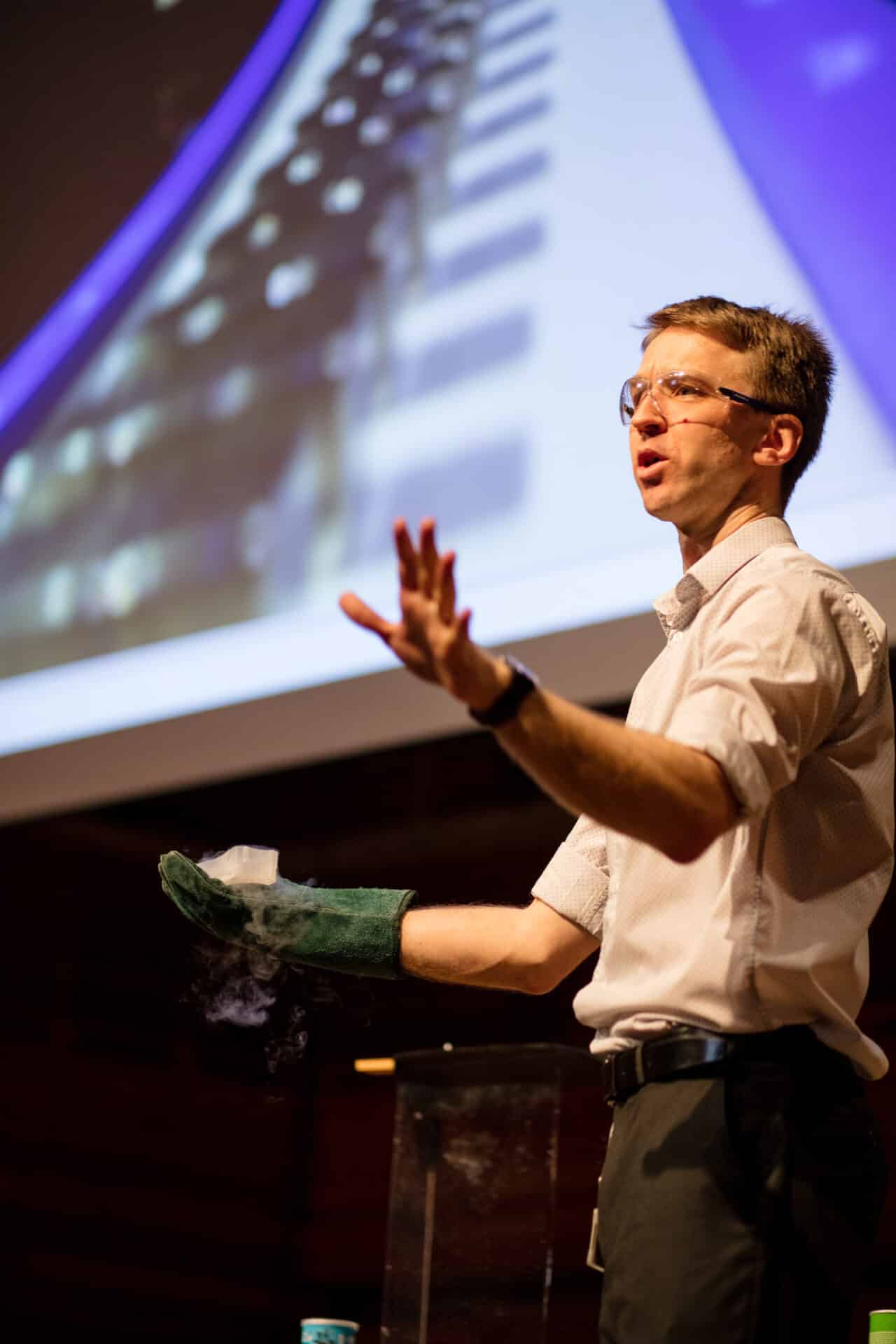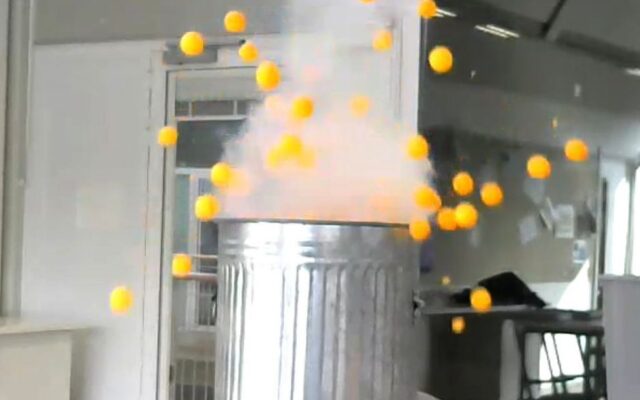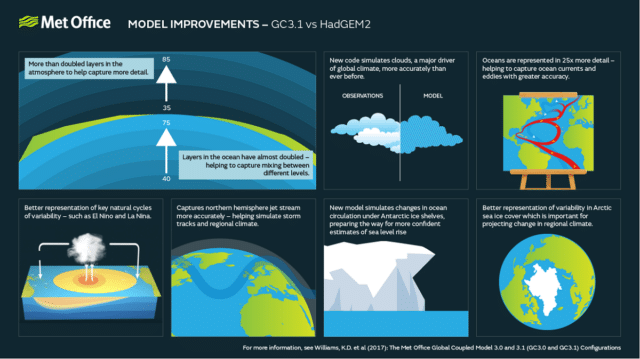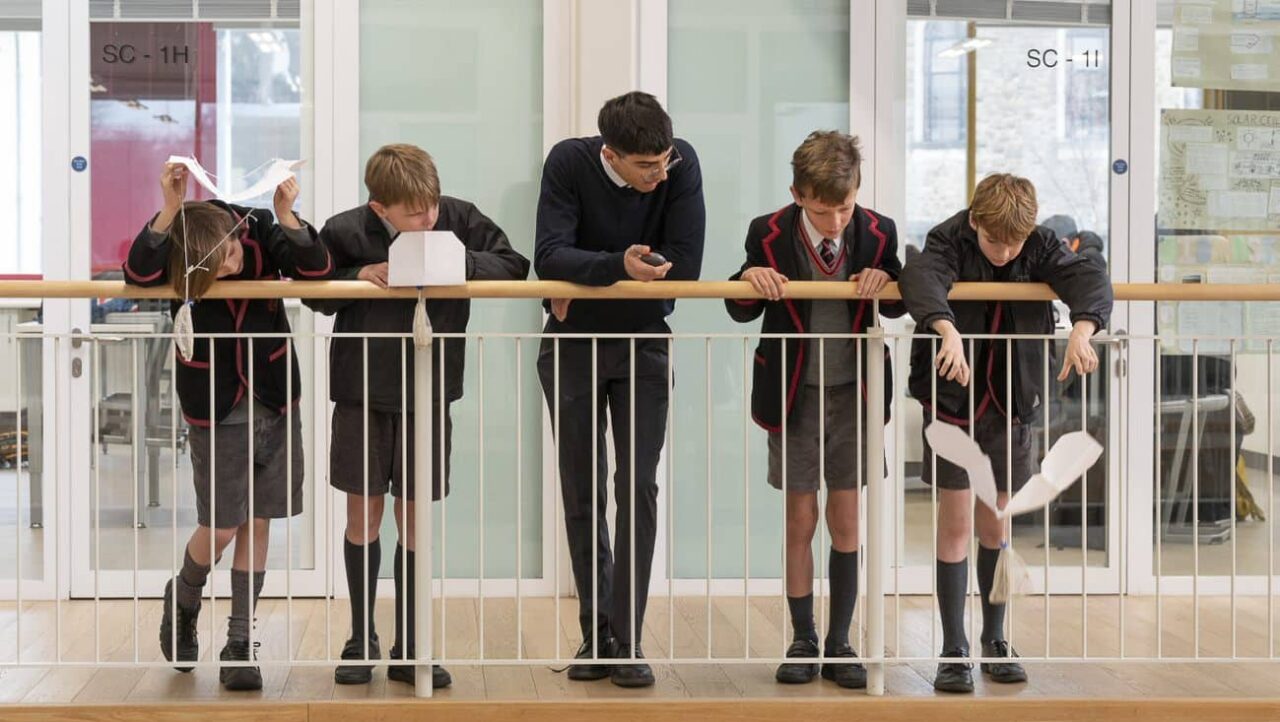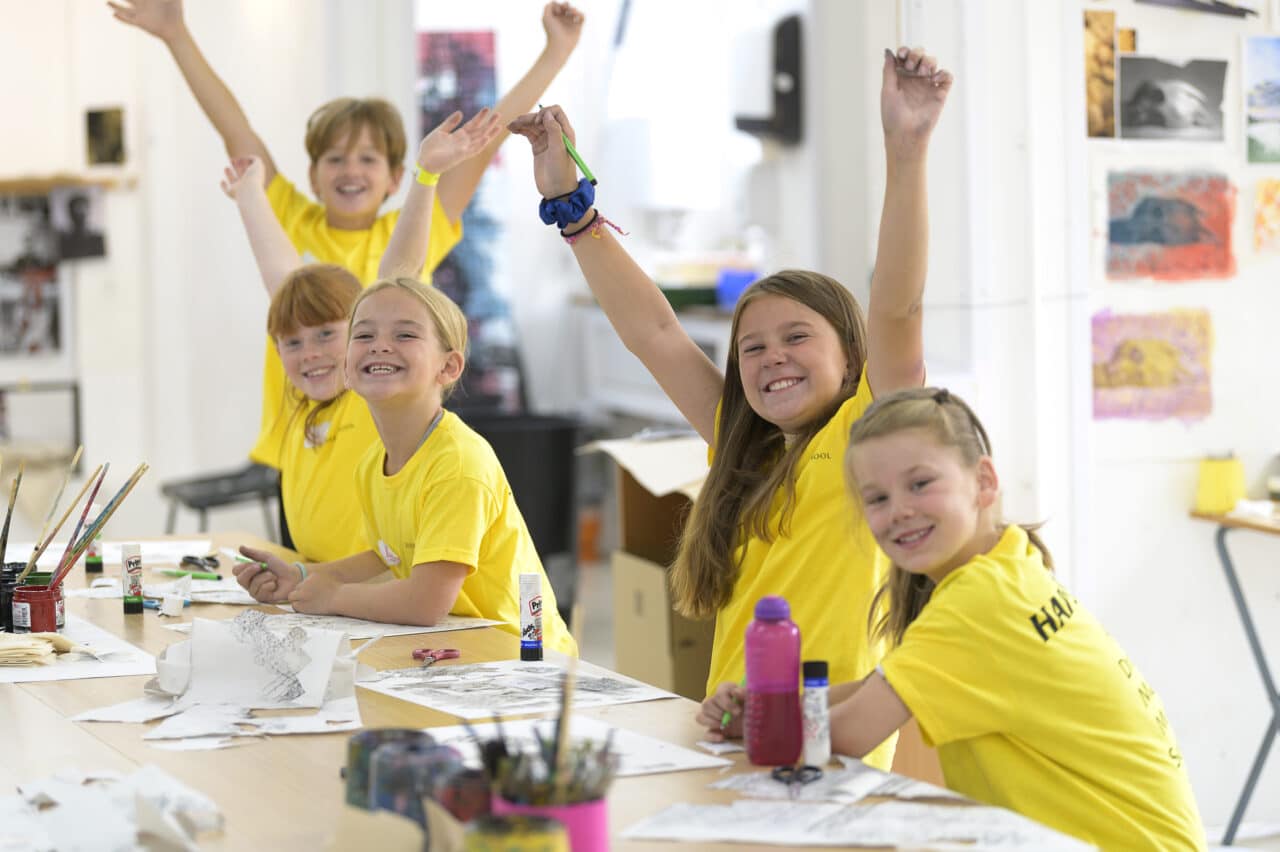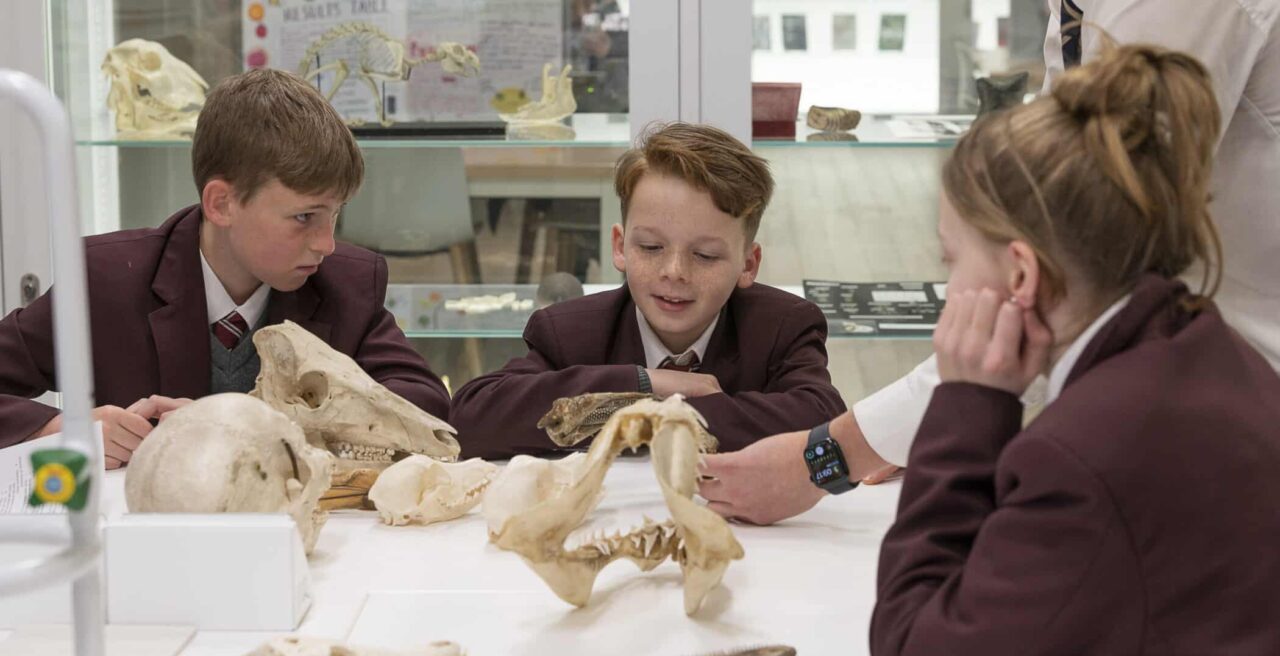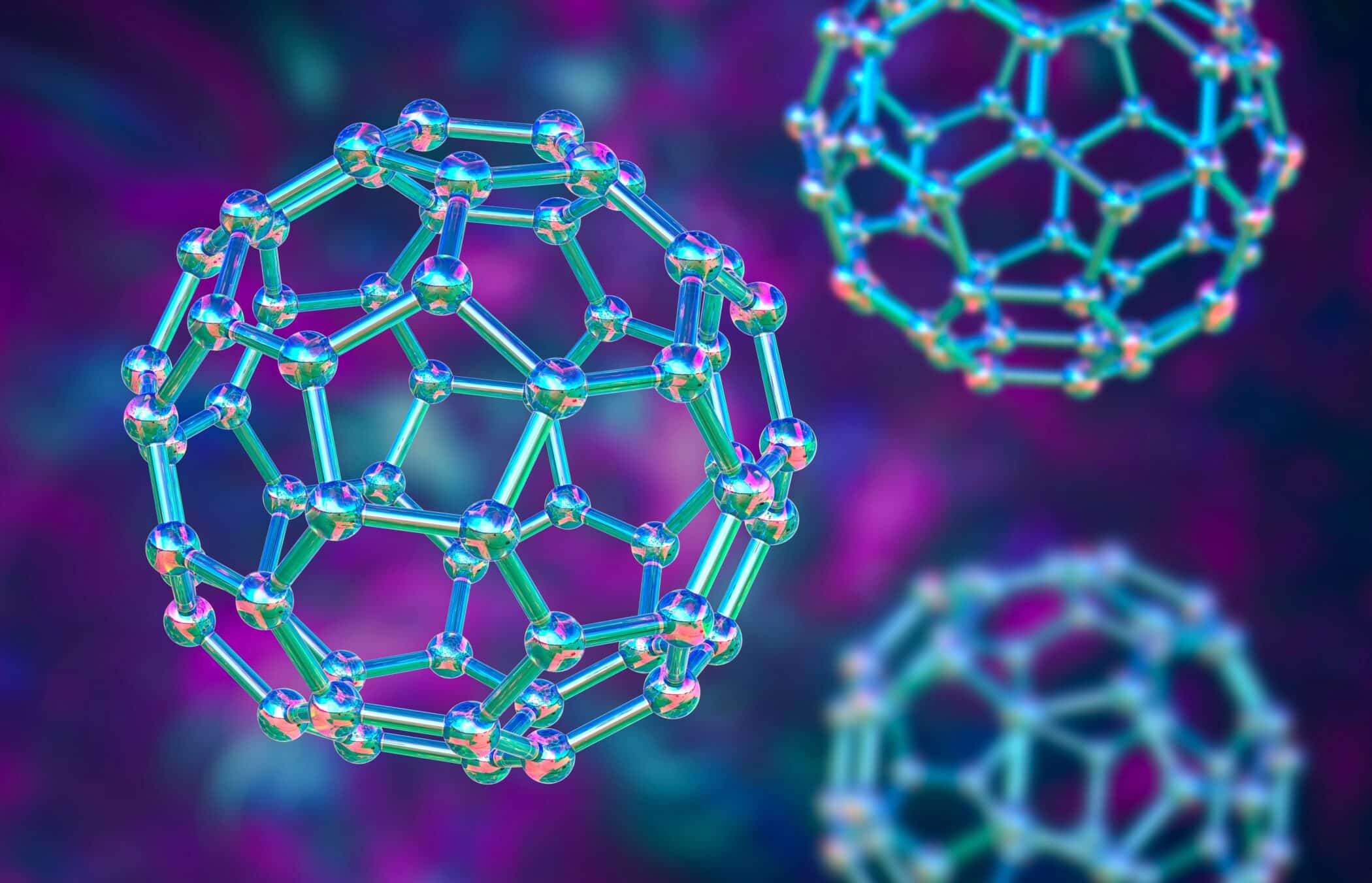
Primary partnerships
STEAM Week 2025
Related pages
Related pages
Monday 10 March – Friday 14 March
It was fantastic to welcome nearly 2,500 local primary school children to our annual science week, which included superb shows, workshops and competitions on the theme of ‘Change and Adapt’.
Visiting pupils enjoyed a variety of workshops run by Sevenoaks staff and students in Chemistry, Physics, Biology and Technology. James Tate, Head of Physics, delivered the ever popular Liquid Nitrogen show and we welcomed The Royal Institution onsite, who wowed audiences with their Explosive Foods show.
We welcomed Dr Louisa Preston, Head of Planetary Science at UCL’s Mullard Space Science Laboratory on an astrobiological tour to uncover where and what life might be hiding on Mars. Pupils learnt about the C60 molecule and the Carbon Revolution in workshops and talks run by Dr Jonathan Hare, who was part of the pioneering team that developed the Fullerenes at Sussex University that lead to the 1996 Nobel prize in Chemistry under Sir Harry Kroto.
Dr Martin, our Head of Chemistry, took audiences on a journey from the battlefields of World War I to the high-tech labs of the current day with his talk on the history of cancer chemotherapy.
Dr Haotian Gu, a Clinical Senior Lecturer at King’s College London, explored the diverse paths available to healthcare professionals, providing an overview of clinical research, what it entails and how it’s conducted. He also held ultrasound workshops, where students had the opportunity to learn how to capture ultrasound images of their own hearts.
On the final day, Dr Fraser Lott, a climate monitoring and attribution scientist from the Met Office, ran hands-on climate-modelling computer workshops with some Sixth Form students.
A sincere thank you to all those who contributed to making the week such an engaging and thought-provoking week.
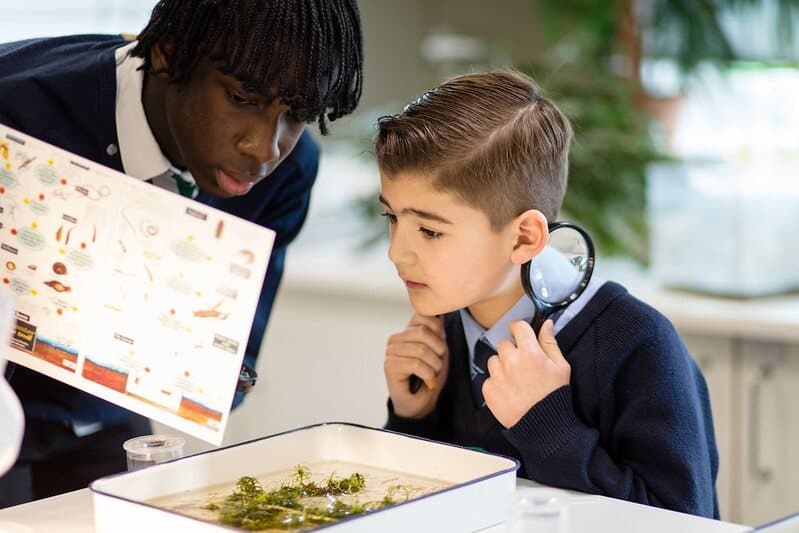

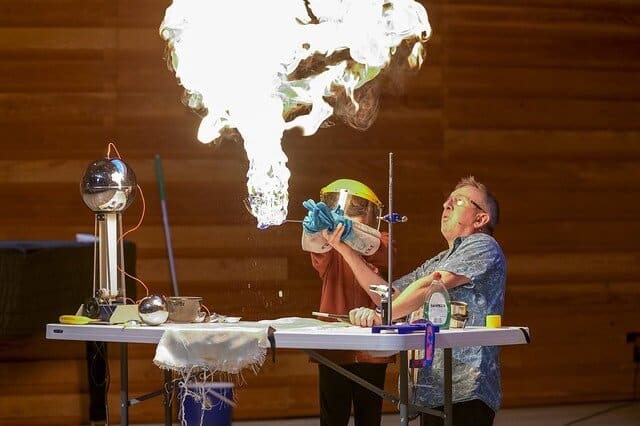
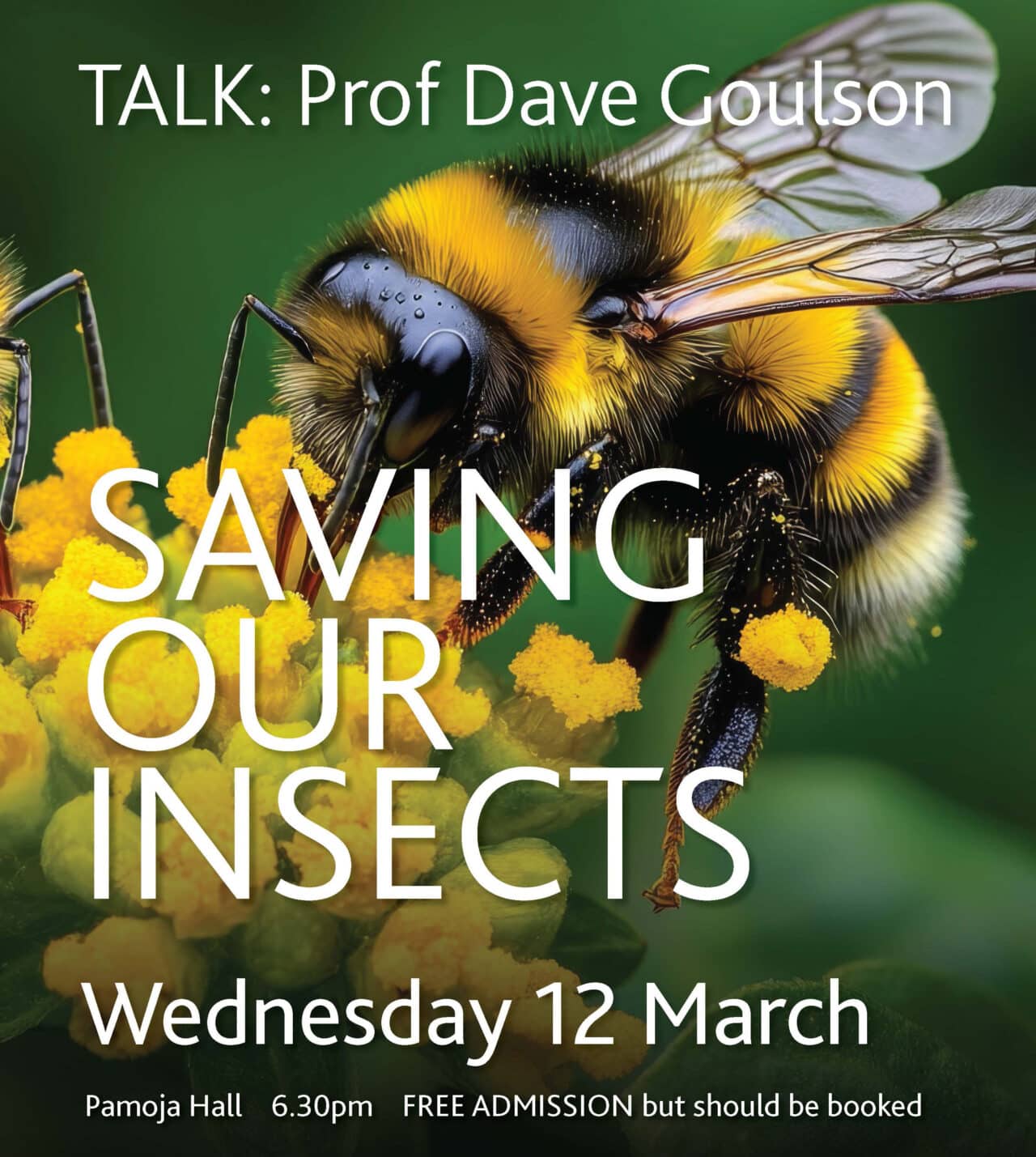
Academic Enrichment Talk
Saving our insects
Professor Dave Goulson, Professor of Biology (Evolution, Behaviour and Environment) at the University of Sussex gave a keynote talk on saving our insects, explaining how our ecosystems would grind to a halt without them, and considering the many ways that we can all get involved in saving them.
Professor Goulson FRSE FRES is Professor of Biology (Evolution, Behaviour and Environment) at the University of Sussex. Specializing in the ecology and conservation of insects, particularly bumblebees, Goulson is the author of several books, including Bumblebees: Their Behaviour and Ecology (2003), Silent Earth: Averting the Insect Apocalypse (2021), and more than 200 academic articles. In 2006 he founded the Bumblebee Conservation Trust, a charity that aims to reverse the decline in the bumblebee population.
FUsion magazine

Get creative and design a poster based on this year’s theme, Change and Adapt!
Scan or take a photo of your best entries and send to partnerships@sevenoaksschool.org.
Open to all students in KS1 and KS2, these challenges can be completed in school time or at home.
Winners will be announced after the event.
Ever wondered why the sky is blue? Or how chameleons change their colour? How do insects walk on water?
We are looking for more questions like these to add to our student science magazine, FUSION.
The best contributions will feature in the next edition.
Open to all students in KS1 and KS2.
Submit your question below.

sessions
Physics Workshop: Renewable Energy
The Liquid Nitrogen Show
Dr Jonathan Hare: The C-60 Workshop - Making a Buckyball!
Chemistry workshop: Reactions
Biology workshop: Dissection!
Physics Workshop: Electricity and Magnetism
Technology workshop
Talk: The Carbon Revolution
Royal Institution Show: Explosive Foods
Biology workshop: Teeth, bones and microscopes
Talk: From Mars to the Moon - Exploring the Solar System for life
Royal Institution Community show
Scratch coding workshop
Powerless flight workshop
Talk: A brief history of cancer chemotherapy
Keynote Talk: Saving our insects
Talk: The Heart of Clinical Research
The Heart of Clinical Research workshop
Met Office Climate Change Modelling Workshop
“The children's faces lighting up whenever something fizzed, popped or simply changed state, was a highlight for staff members. As a teacher, the practical demonstrations, especially the liquid nitrogen and energy live shows, provided a hands-on experience that is often challenging to replicate within the confines of a regular classroom.”
Science Lead, Lady Boswell's CE Primary School
